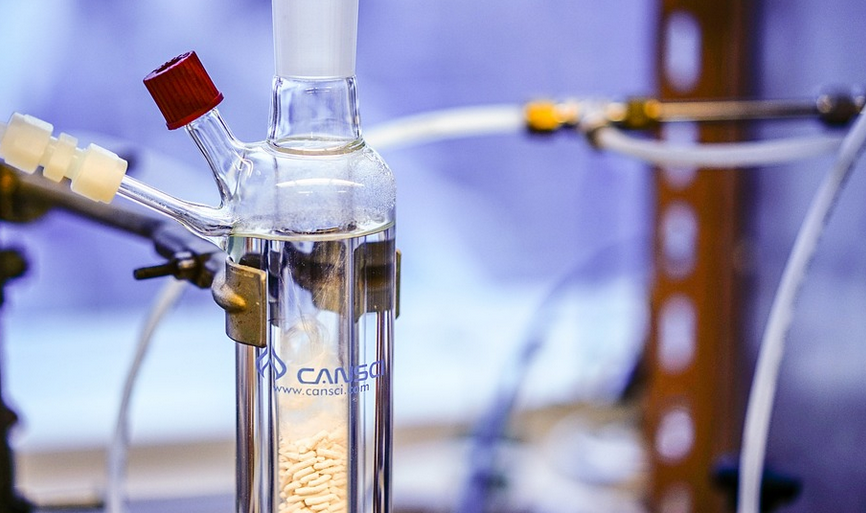Introduction
Have you been struggling with algae growth and cloudy water in your pool? Look no further than aluminum sulfate. This chemical compound is a game-changer for pool maintenance, and in this article, we will explore its benefits, uses, and dosages.
What is Aluminum Sulfate?
Aluminum sulfate is a white crystalline powder that is commonly used in water treatment plants to clarify drinking water. It works by binding with impurities and settling them to the bottom, allowing for easier removal. In pool maintenance, aluminum sulfate works similarly to clarify cloudy water and prevent algae growth.
Benefits of Using Aluminum Sulfate in Pools
One of the main benefits of using aluminum sulfate is its effectiveness in clearing up cloudy water. This is especially helpful after heavy rains or when the pool is opened for the summer season. Additionally, aluminum sulfate can help prevent the growth of algae, which can make your pool green and unsightly.
How to Use Aluminum Sulfate in Pools
To use aluminum sulfate in your pool, you will first need to determine the pH level of the water. Ideally, the pH should be between 7.2 and 7.8. If it is too high, you can lower it by adding muriatic acid. Once the pH is balanced, you can add the aluminum sulfate directly to the water. The recommended dosage is one pound per 10,000 gallons of water. Be sure to spread it evenly around the pool and let it circulate for at least 24 hours before swimming.
Precautions When Using Aluminum Sulfate
While aluminum sulfate is generally safe to use in pools, there are a few precautions you should take. First, always wear gloves and eye protection when handling the powder. Be sure to store it in a dry, cool place away from any flammable materials. Finally, do not add aluminum sulfate directly to the skimmer or filter, as it can damage these components.
Alternatives to Aluminum Sulfate
If you prefer not to use aluminum sulfate in your pool, there are a few alternatives you can try. One option is to use a flocculant, which works by clumping together small particles and allowing them to settle to the bottom. Another option is to use a phosphate remover, which prevents algae growth by removing the nutrients that algae feed on.
Conclusion
In conclusion, aluminum sulfate is a highly effective and affordable option for maintaining a clean and clear pool. By following the recommended dosage and safety precautions, you can enjoy the benefits of this chemical compound without any negative side effects. So go ahead, dive in, and enjoy your sparkling pool all season long!

